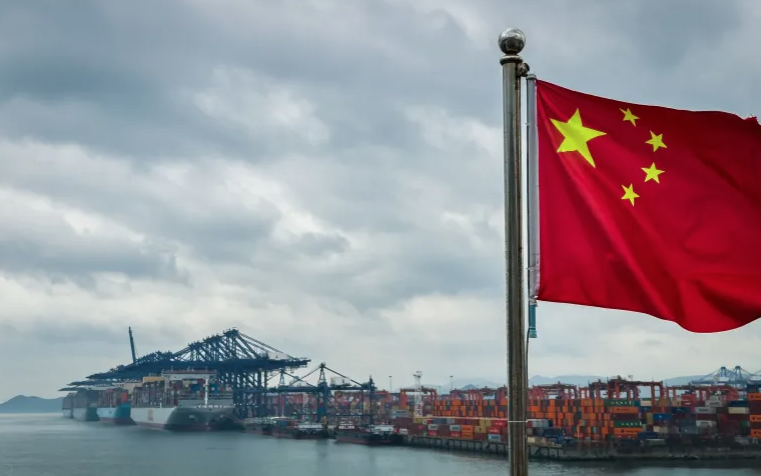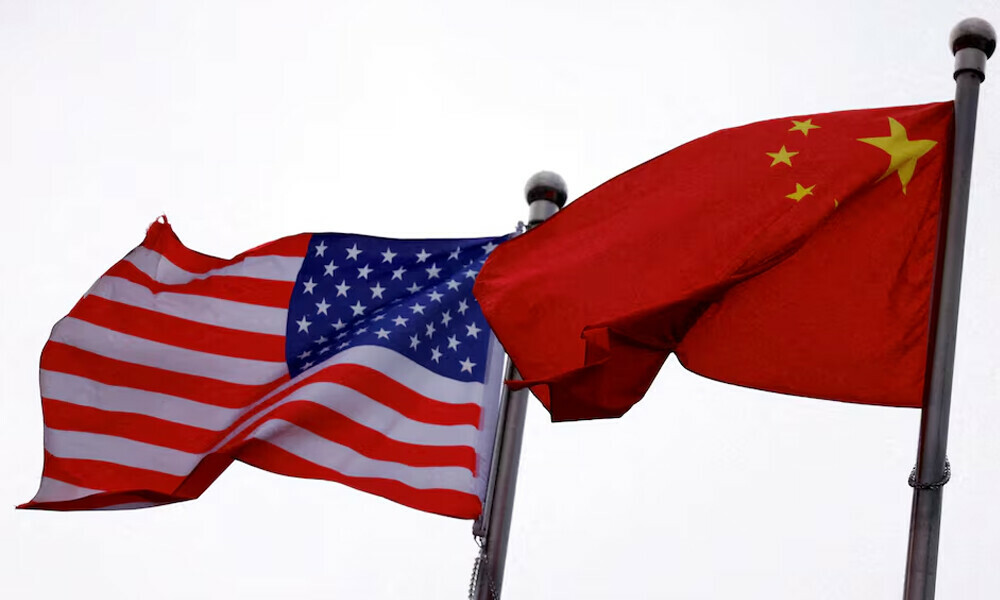WORLD NEWS

Officials confirmed that the United States and China will hold high-stakes trade talks in Switzerland this week, aimed at de-escalating tensions between the world’s two largest economies. The negotiations come after a period of intensifying trade restrictions, which have led to a de facto mutual trade embargo.
The trade discussions will be the first official engagement between the two nations since US President Donald Trump imposed a 145% tariff on Chinese goods, prompting Beijing to retaliate with a 125% duty on American products.
🔹 Key Figures Attending the Talks
The talks will be attended by senior representatives from both countries:
- Scott Bessent, US Secretary of the Treasury, and Jamieson Greer, US Trade Representative, will represent the US side.
- He Lifeng, Chinese Vice Premier, will represent Beijing at the negotiations.
🔹 A Critical Moment for Global Trade
The talks come at a critical time for the global economy, which has been feeling the strain of the trade war. Businesses and investors have expressed growing concerns over the potential long-term damage caused by the ongoing tensions. The International Monetary Fund (IMF) recently lowered its global growth forecast for 2025, reducing it from 3.3% to 2.8%, largely due to the impact of trade disruptions stemming from the ongoing conflict between the US and China.
The US economy also showed signs of strain earlier this year, shrinking by 0.3% in the first quarter of 2025, marking the first decline since early 2022. Economists are increasingly warning of the risk of a recession in the US, with JP Morgan Research estimating a 60% likelihood of an economic downturn.
🔹 US Officials Focus on De-escalation
In an interview with Fox News, Scott Bessent highlighted the shared interest of both sides in de-escalating the situation. He pointed out that the current levels of tariffs are unsustainable and expressed a desire to move beyond the existing trade restrictions.
Bessent emphasized that the primary goal of the upcoming talks would be de-escalation, rather than striking a broad trade deal right away. “We’ve got to de-escalate before we can move forward,” Bessent said, underlining the importance of first addressing the immediate tensions.
🔹 China’s Position on the Talks
The Chinese Ministry of Commerce issued a statement ahead of the talks, calling for the negotiations to be based on mutual respect, equality, consultation, and mutual benefit. The ministry further stressed that the US must recognize the negative impact of its unilateral tariff measures, not only on China but also on the global economy.
A spokesperson for the ministry said, “If the US wishes to resolve issues through negotiation, it must acknowledge the severe negative impacts its unilateral tariff measures have had on itself and the world.” The spokesperson also emphasized the need for the US to respect international economic rules and the voices of fairness and reason from various global sectors.
🔹 A Path Toward Resolution?
While both sides have expressed the desire for progress, it remains to be seen whether these talks will result in substantial de-escalation or pave the way for a larger trade agreement. As global trade dynamics continue to evolve, the outcome of these talks could have significant implications for the broader US-China relationship and the global economic landscape.




